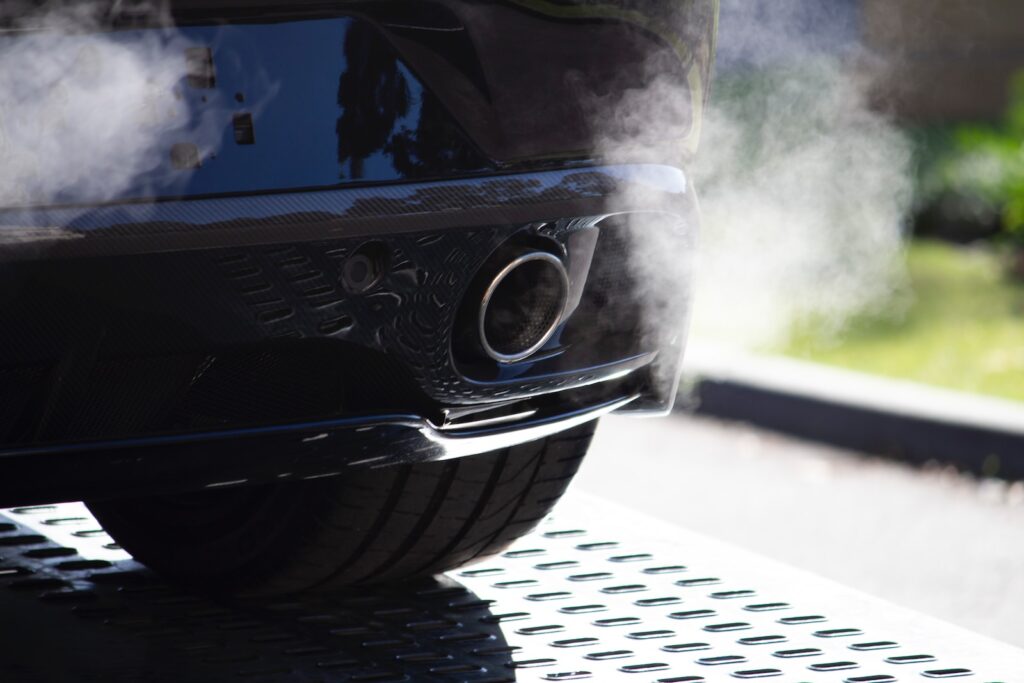Petrol and diesel ban delay should not stall electric mobility transition
Downing Street has reneged on its target to stop sales of new diesel and petrol cars by the end of this decade. But according to Charlie Jardine, CEO of EO Charging, organisations have a responsibility to continue the transition as planned, or face significant costs in the future.
Having a Government-set deadline of 2030 for phasing out the sales of petrol and diesel cars has played a crucial role in pushing a lower carbon economy in the UK. Over a third of the UK’s CO2 emissions come from transport, and the majority of that is produced by Internal Combustion Engine (ICE) vehicles, so moving towards electrification is critical to achieving net zero.
Last month’s announcement of the pushback to this critical deadline to 2035 casts a real shadow over the hard work that has been done to date, and the future path to removing our reliance on big oil. The original phase-out deadline had spurred significant investment appetite and impetus across a range of sectors.
Large companies and SMEs alike were showing real motivation in making plans and mobilising resources over recent years to align with the clear goal that had been set. Positive steps had been taken to electrify vehicles for individuals, commercial van fleets and public transport, despite the historic lack of critical planning from the government.
This sudden shift in policy threatens to undermine these efforts, as companies now face disruptions in their planning, structures and workforce development. To help those responsible for delivering at business level navigate this, the government must reinstate EV support schemes to counter short term inertia in customer adoption.
There are plenty of examples where active government support alongside positive industry collaboration has delivered a clear acceleration of technology adoption with shared benefits. Take the rollout of electric buses in London for example, which EO Charging has been heavily involved with.
The availability of an encouraging policy environment and financial support has facilitated real progress, bringing benefits to bus companies, local authorities and everyone who visits, works or lives in the UK capital, as well as many of our regional centres across the country. And I sense this is a view shared by many of those working to support electric mobility transition, and numerous other stakeholders.
Recently, the Climate Change Committee (CCC) said that the ‘loosening’ of key climate policies has countered progress. The organisation also warned of knock-on effects from the government’s ‘reduced ambition’ on consumer confidence and investment, urging Downing Street to ‘restate strong British leadership on climate change’.
But it’s not just a matter of leadership. The pushback also has potential implications for the government’s legally-binding greenhouse gas emission reduction targets for 2050. These targets aren’t just numbers on paper; they are critical commitments to mitigating environmental damage and combating climate change, and we can’t afford to fail.
With that in mind, it’s important for companies to continue working in their efforts moving away from ICE vehicles and towards electric alternatives. The commitment of industry leaders, collaborating with partners such as EO is vital in maintaining momentum, and ensuring every business that relies on road transport continues to make progress towards net zero commitments.
Without holding to the spirit of this shared commitment and maintaining our ambition, we will not grasp the potential for realising benefits and progress will slow. While some might see opportunity for short term benefits, this will ultimately cause more financial pain in the future.
At EO, we recognise the value of a clear, fixed commitment which drives confidence, investment, innovation and progress within our sector. Despite this change in policy, we will continue working with our industry and financial partners to ensure that the EV roll out continues at pace, helping us on the journey towards a more sustainable future. I call upon stakeholders, including government bodies, industry players and advocates to join us in a collaborative effort to meet that original deadline, and ensure we safeguard our planet for future generations.
Image: Matt Boitor (top) / Jannes Glass (bottom)

















